Written by MARK SHERMAN
The Supreme Court is taking up challenges to a Texas law that has virtually ended abortion in the nation’s second-largest state after six weeks of pregnancy.
The justices are hearing arguments Monday in two cases over whether abortion providers or the Justice Department can mount federal court challenges to the law, which has an unusual enforcement scheme its defenders argue shields it from federal court review.
In neither case is the right to an abortion directly at issue, but the motivation for lawsuits filed by abortion providers and the Justice Department is that the Texas law conflicts with landmark Supreme Court rulings that prevent a state from banning abortion early in pregnancy.
The justices will hear a separate challenge to the decisions in Roe v. Wade and Planned Parenthood v. Casey in a case over Mississippi’s ban on abortion after 15 weeks. Those arguments are set for Dec. 1.
The Texas law has been in effect since September, except for a 48-hour period in early October when it was blocked by a lower court.
The high court jumped into the Texas cases less than two weeks ago, moving at extraordinary speed, but only after rejecting a plea to block the law by a 5-4 vote in early September.
Five conservative justices, including three who were appointed by President Donald Trump, were in the majority. Chief Justice John Roberts joined the court’s three liberal justices in dissent.
The court offered no explanation for its decision to hear the cases so quickly.
The Texas ban, signed into law by Gov. Greg Abbott in May, prohibits abortion after cardiac activity is detected in a fetus, usually around six weeks and before some women know they are pregnant.
The law makes exceptions for medical emergencies but not for rape or incest.
At least 12 other states have enacted bans early in pregnancy, but all have been blocked from going into effect.
But rather than have state officials enforce it, the Texas law deputizes private citizens to sue anyone who performs or aids and abets an abortion. If they’re successful, they are entitled to at least $10,000. Women who obtain abortions can’t be sued under the law.
The structure of the law threatens abortion providers with huge financial penalties if they violate it. Clinics throughout the state have stopped performing abortions once cardiac activity is found.
The result, both the providers and the Biden administration said, is that women who are financially able have traveled to other states and those without the means must either continue their pregnancies against their will or find other, potentially dangerous ways to end them.
The state and Jonathan Mitchell, an architect of the law, say in their briefs that the providers and the Justice Department lack the right to go into federal court and can’t sue state judges and clerks who are not responsible for enforcing the abortion ban. They also contend that there is no effective way of blocking the law, in part because federal court can’t force state judges to abstain from hearing the lawsuits the law authorizes.
Related Stories
‹

Competing Abortion Pill Rulings Sow Broad Alarm, ConfusionWritten by BOBBY CAINA CALVAN and KEN MILLER Emma Hernandez is defiant even if she fears what may come in the latest stage of the nation’s fight over abortion: a widening prohibition to safe and legal ways to end unwanted pregnancies, including access to abortion pills. Competing rulings by two federal judges over the availability […]
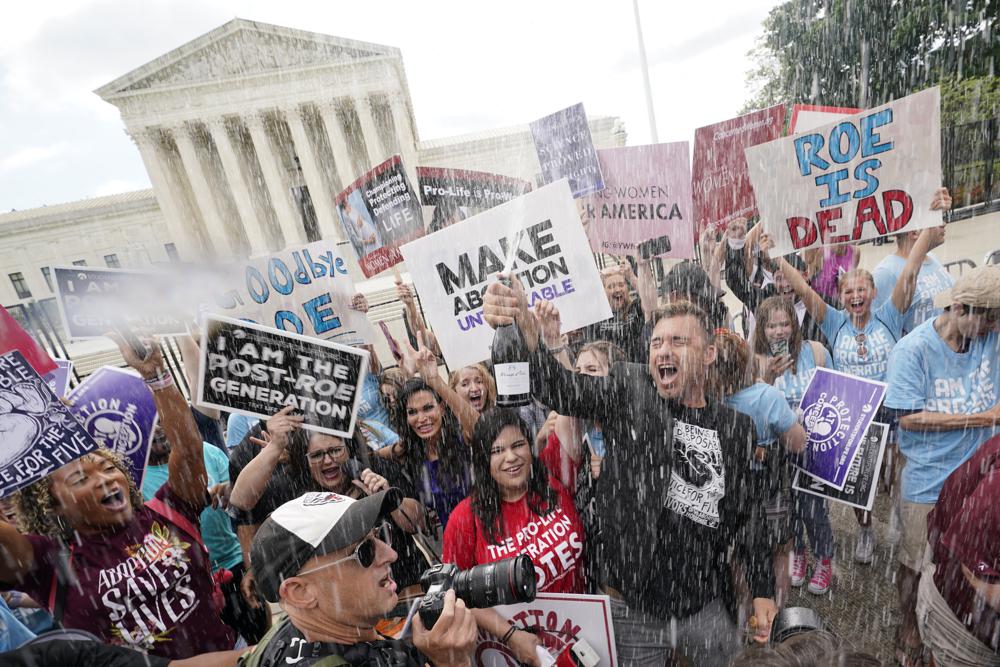
Supreme Court Overturns Roe v. Wade; States Can Ban AbortionWritten by MARK SHERMAN The Supreme Court has ended constitutional protections for abortion that had been in place nearly 50 years in a decision by its conservative majority to overturn Roe v. Wade. Friday’s outcome is expected to lead to abortion bans in roughly half the states. The decision, unthinkable just a few years ago, was the culmination […]
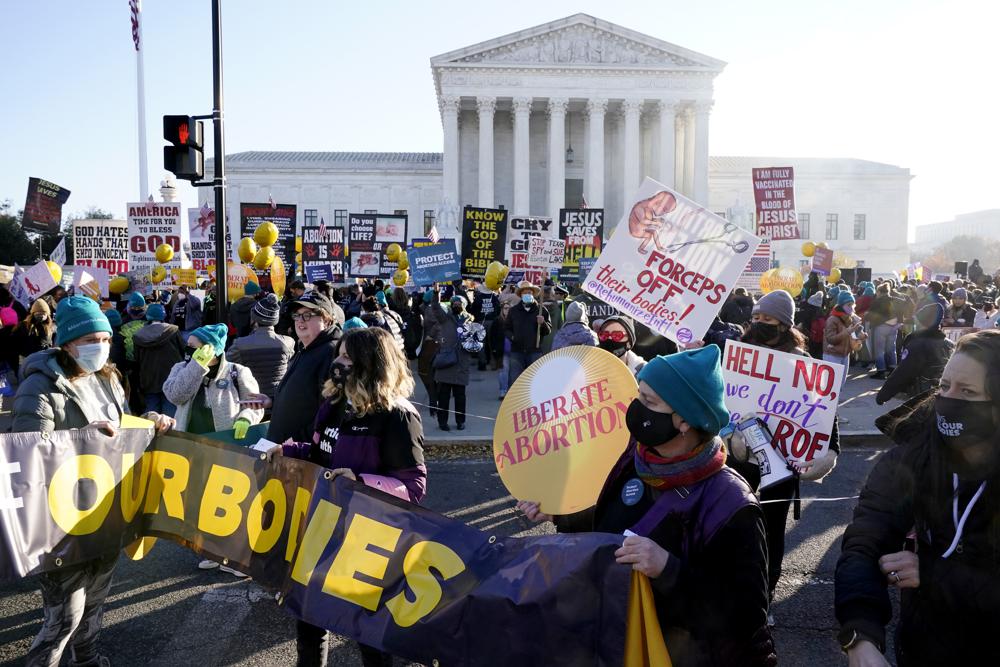
Abortion Rights at Stake in Divided Supreme Court ArgumentsWritten by MARK SHERMAN The Supreme Court’s three liberal justices suggested Wednesday that it would severely damage the court’s legitimacy if it agrees to reverse the decades-old abortion decisions that declared a nationwide right to end pregnancies. Justice Elena Kagan said during arguments on a crucial Mississippi case that the court doesn’t easily overturn past […]
![]()
Seeing Danger, Some in GOP Leery of Texas Abortion LawWritten by SARA BURNETT, SARAH RANKIN and LISA MASCARO Almost instantly after most abortions were banned in Texas, Democrats were decrying the new law as unconstitutional, an assault on women’s health that must be challenged. But the reaction from many Republicans on the other side hasn’t been nearly as emphatic. Though some in the GOP […]
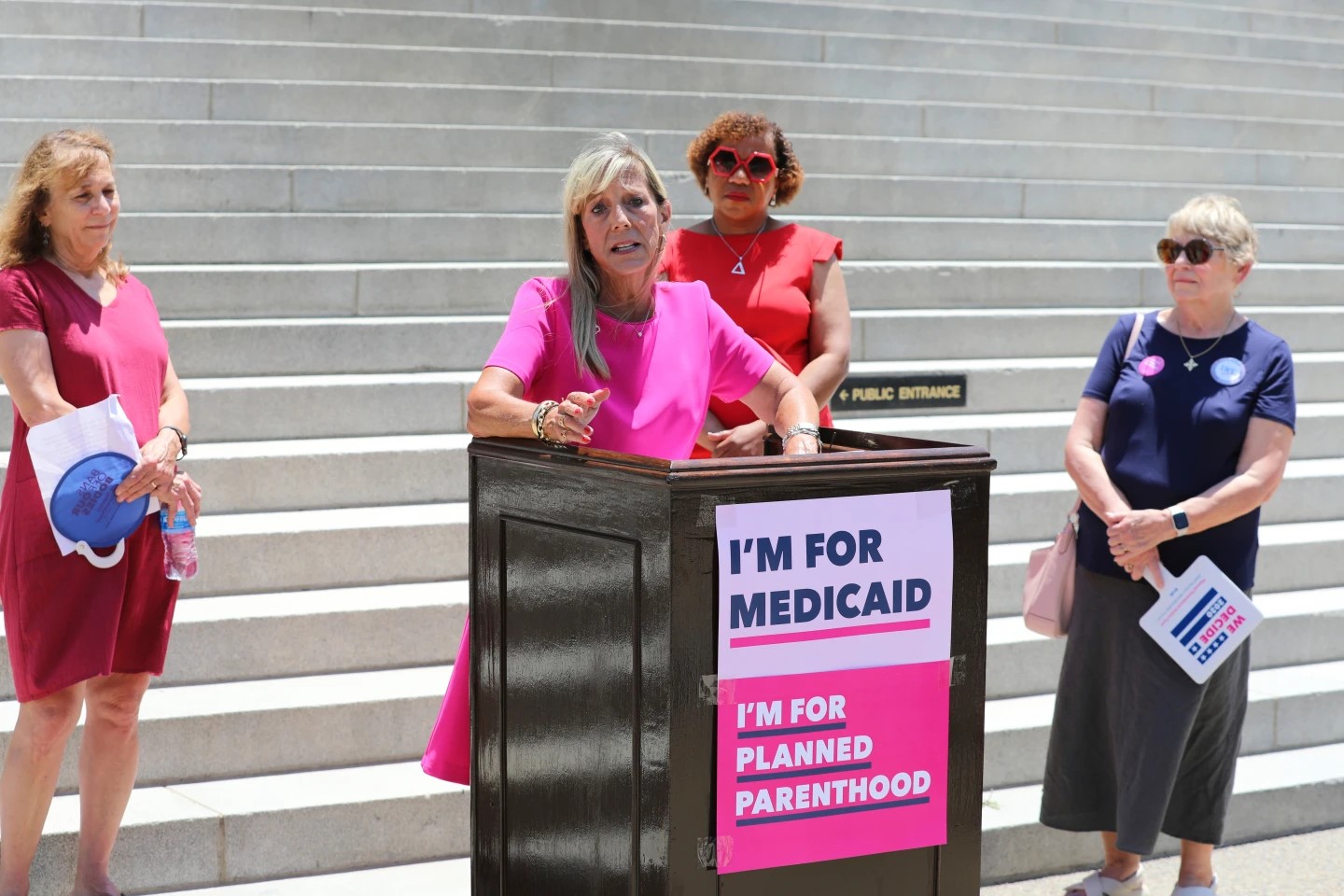
What To Know About States Blocking Medicaid Funding for Planned ParenthoodThe U.S. Supreme Court ruled Thursday that states can bar Medicaid payments to Planned Parenthood, the nation’s largest abortion provider.
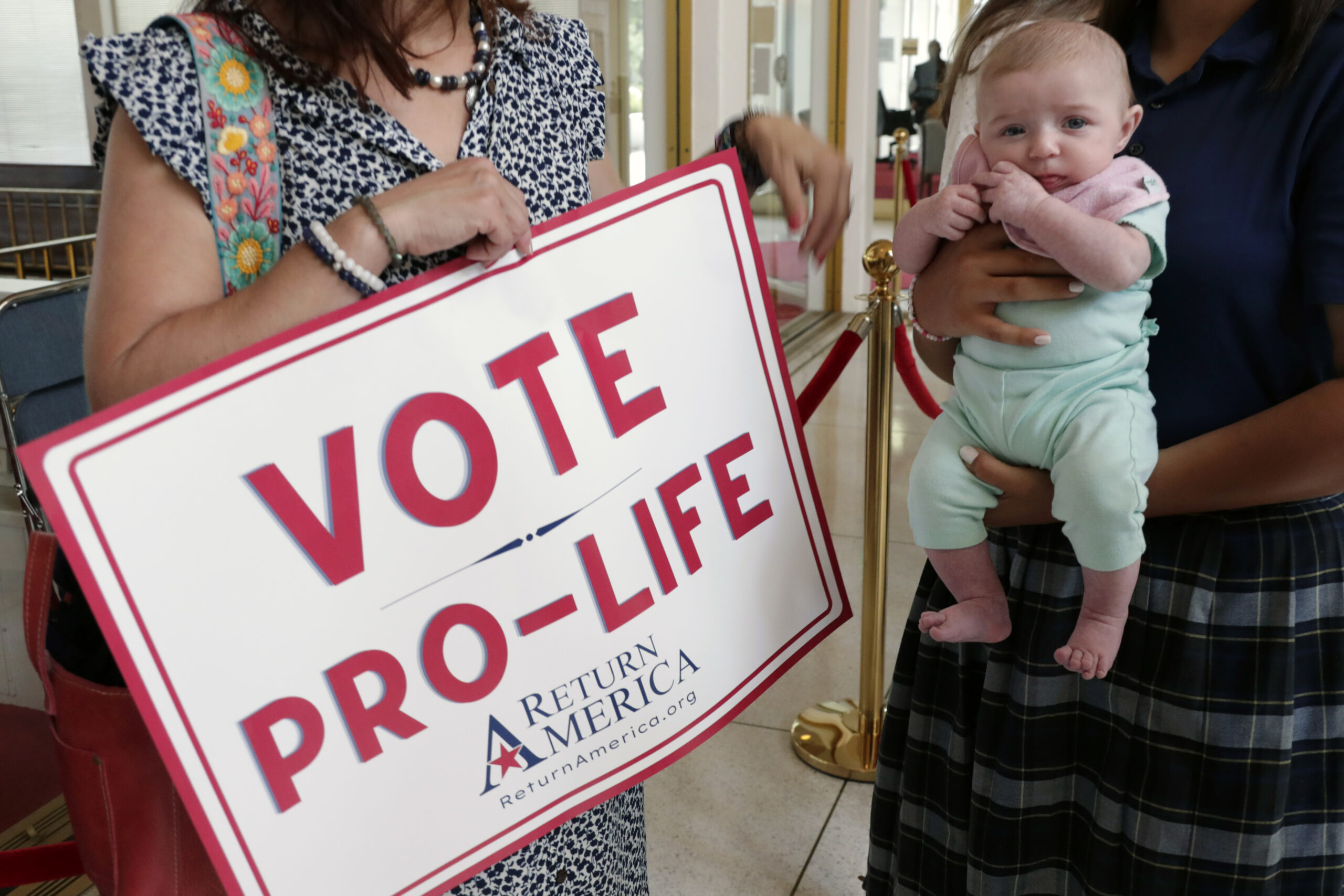
North Carolina GOP Overrides Veto of 12-Week Abortion Limit, Allowing It to Become LawWritten by HANNAH SCHOENBAUM, GARY D. ROBERTSON and DENISE LAVOIE Legislation banning most abortions after 12 weeks of pregnancy will become law in North Carolina after the state’s Republican-controlled General Assembly successfully overrode the Democratic governor’s veto late Tuesday. The House completed the second and final part of the override vote Tuesday night after a […]

Biden’s Efforts To Protect Abortion Access Hit RoadblocksWritten by AMANDA SEITZ and COLLEEN LONG The Biden administration is still actively searching for ways to safeguard abortion access for millions of women, even as it bumps up against a complex web of strict new state laws enacted in the months after the Supreme Court stripped the constitutional right. Looking to seize on momentum following a midterm […]
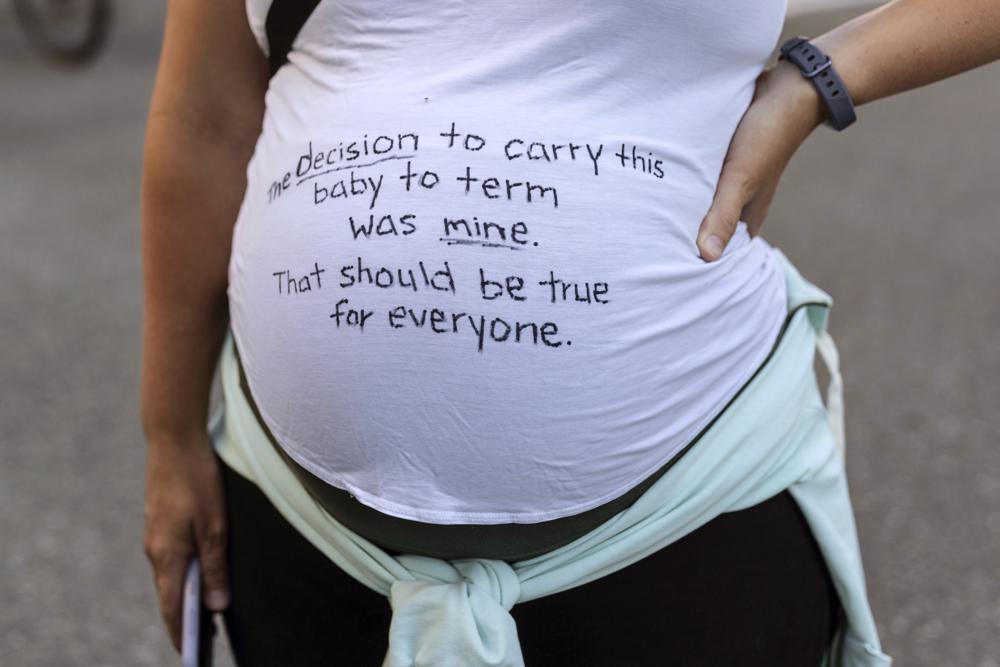
Abortion Battles in State Courts After Supreme Court RulingWritten by KEVIN McGILL, AMY FORLITI and GEOFF MULVIHILL Abortion bans were temporarily blocked in Louisiana and Utah, while a federal court in South Carolina said a law sharply restricting the procedure would take effect there immediately as the battle over whether women may end pregnancies shifted from the nation’s highest court to courthouses around […]
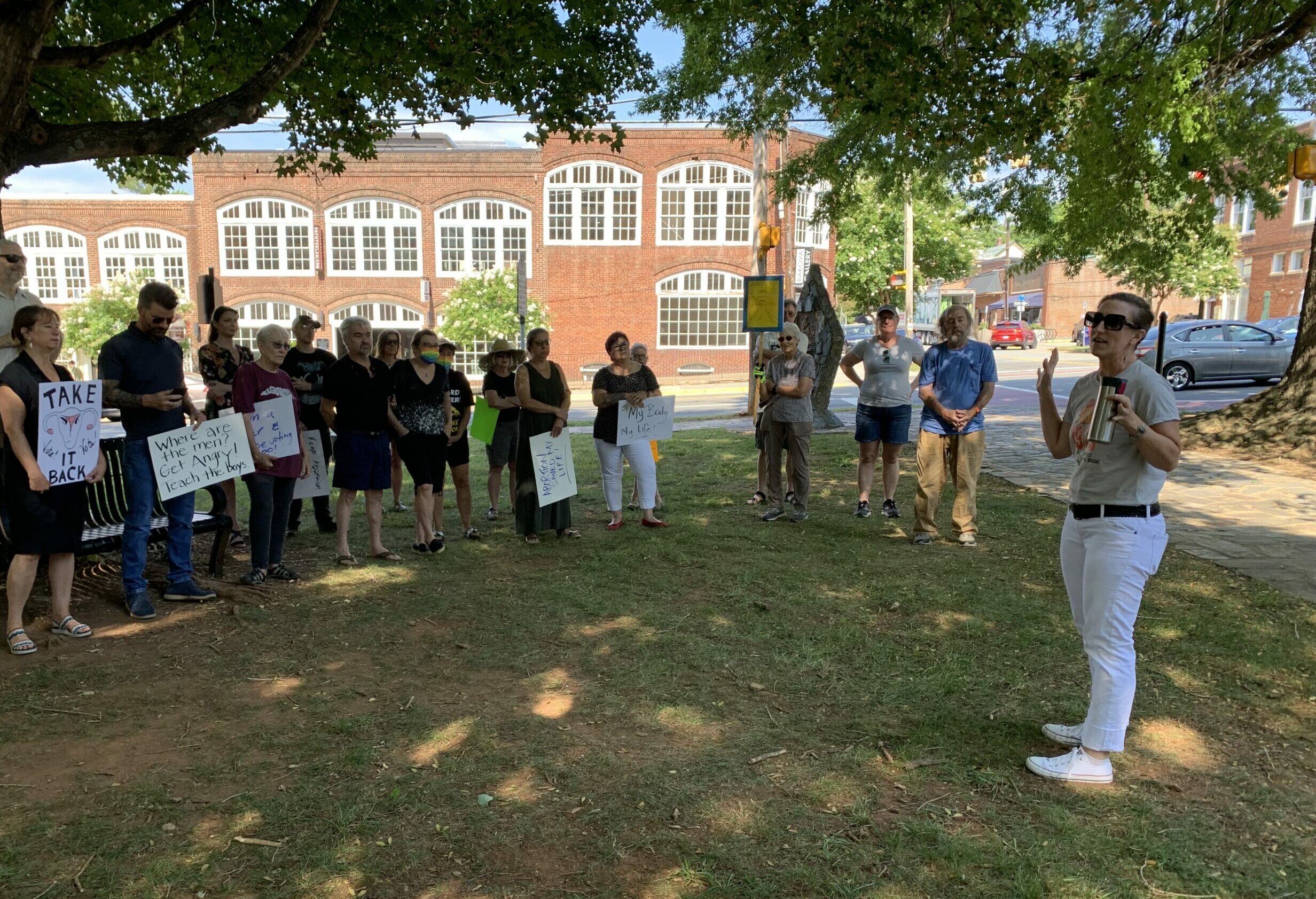
Orange County Mayors Voice Support for Abortion Access After Supreme Court RulingFollowing the U.S. Supreme Court’s decision in the Dobbs v. Jackson Women’s Health Organization case, which effectively reversed its landmark 1973 decision in Roe v. Wade, the mayors of Hillsborough, Carrboro and Chapel Hill issued a joint statement regarding abortion in North Carolina. “We share the alarm, sorrow, and outrage that so many in our communities are […]
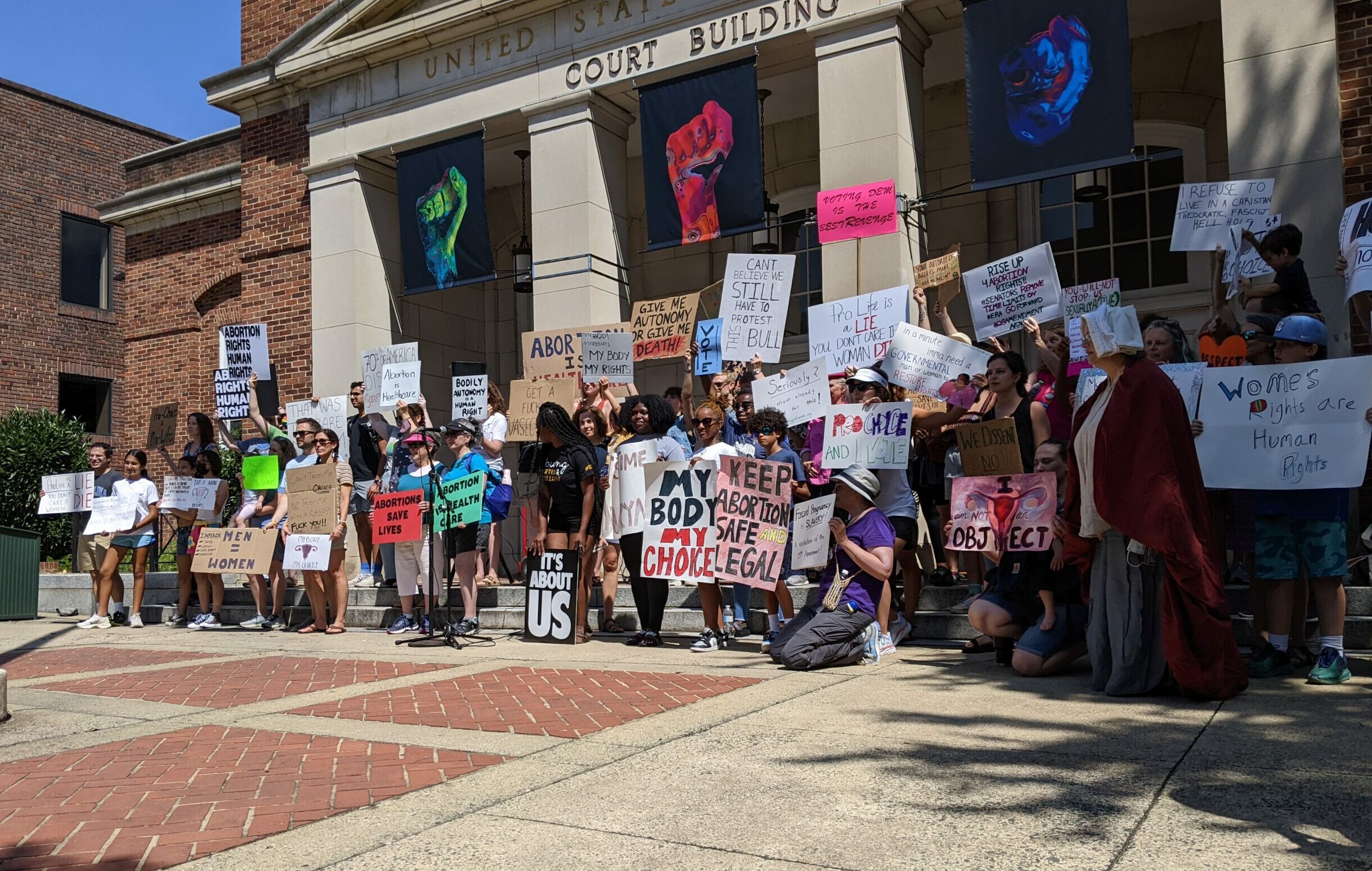
Rallies in Chapel Hill, Hillsborough Advocate for Abortion AccessI like to get personal,” Chapel Hill Town Council member Camille Berry said to introduce herself to a crowd gathered at Peace and Justice Plaza. “So let’s get personal.” Over the next several minutes as she stood on East Franklin Street Saturday morning, Berry recounted her pregnancy in 1993, […]
›










